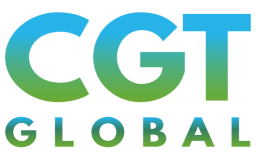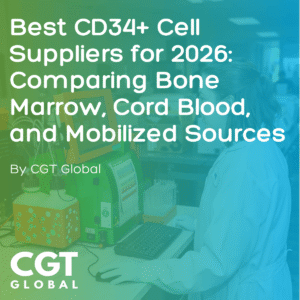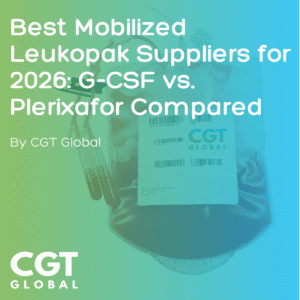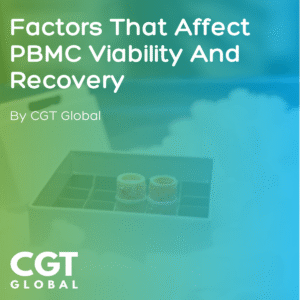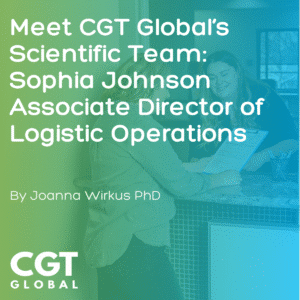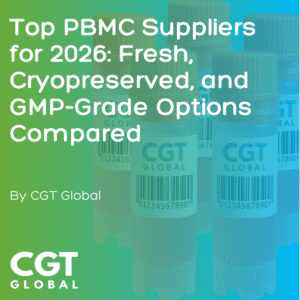A recent publication from the University of Alabama cites using StemExpress Peripheral Blood Mononuclear Cells (PBMCs) in the development of a novel T cell biomanufacturing platform that produces high-quality and large-scale human T cells for clinical use.
by Tera Muir, PhD.Cell therapy has become one of the fastest-growing areas in the life sciences, bringing with it the potential to treat a range of human diseases, including cancers, infectious diseases, metabolic disorders, tissue degradation, autoimmune disorders, and much more. Most notably are CAR-T cell therapies, whereby genetically engineered T cells specifically target and eradicate cancers of the blood.
Yet significant hurdles remain before reaching effective commercialization for extensive and cost-effective clinical use of cell therapies. One of which is the ability to scale-up manufacturing to accommodate widespread clinical applications while maintaining the quality of the product.
To scale-up manufacturing in a short timeline, while maintaining the quality of the cellular product, researchers at the University of Alabama designed a biomanufacturing platform using a stirred-tank bioreactor. This new proof-of-concept principal addresses several weaknesses of current biomanufacturing platforms (i.e., traditional shaker flasks, gas-permeable GE WAVE bags, or G-Rex bags), such as low efficiency of oxygen and nutrient transfer, ineffective process parameter control, and the lack of checkpoints during the biomanufacturing process.
For cell manufacturing studies such as these, it is critical to start with PBMCs that have high viability and purity. Low-quality cells can interfere with downstream applications and compromise the outcome of the data.
In brief, PBMCs were isolated from five healthy donors to account for donor variability. CD4 Helper T cells and CD8 Cytotoxic T cells were isolated and then stimulated with anti-CD3 and anti-CD28 mAbs for four days before seeding into the bioreactor. At this point, the authors evaluated multiple cell culture factors, including basal media, medium supplements, seed culture, and stimulation to optimize their new platform.
Bioreactor process parameters, such as pH, temperature, dissolved oxygen (DO), agitation, gas sparging, and nutrient feeding were precisely controlled. Cultures were sampled daily to monitor cell growth and quality throughout the stages of T cell production, which introduced key checkpoints throughout the process. To determine cell quality, the authors evaluated the surface and intracellular markers that correlate with T cell activation, inhibition, memory, and cytokine signaling. At day four in the bioreactor, T cells were harvested or re-stimulated for an additional four days.
By precisely controlling critical process parameters and optimizing cell culture conditions, the new platform produced a 100-fold expansion of cells within 8 days as compared to a similar expansion rate within 18 days by the GE WAVE. Within this short cell expansion time, the authors showed that high cell viability and quality were maintained throughout the process, providing not only a proof-of-concept principal but a ready-to-use approach for clinical scale T cell manufacturing.
It’s advancements such as these that further the ability to provide affordable and quality treatments to patients in need. At StemExpress, we take pride in delivering high-quality cells to researchers to aid in their scientific discoveries and advancements. For more information regarding our PBMCs, contact us at 530.303.3828.
Reference:
- Ou, J. et al. (2019) Novel Biomanufacturing Platform for Large-Scale and High-Quality Human T Cells Production. J Biol Eng 13:34. doi: 10.1186/s13036-019-0167-2.
